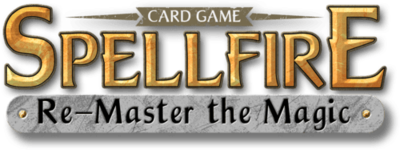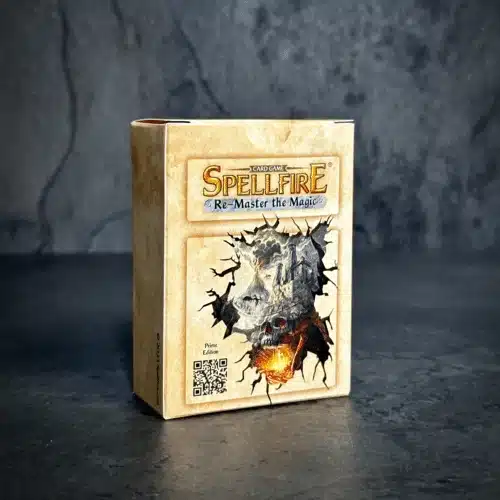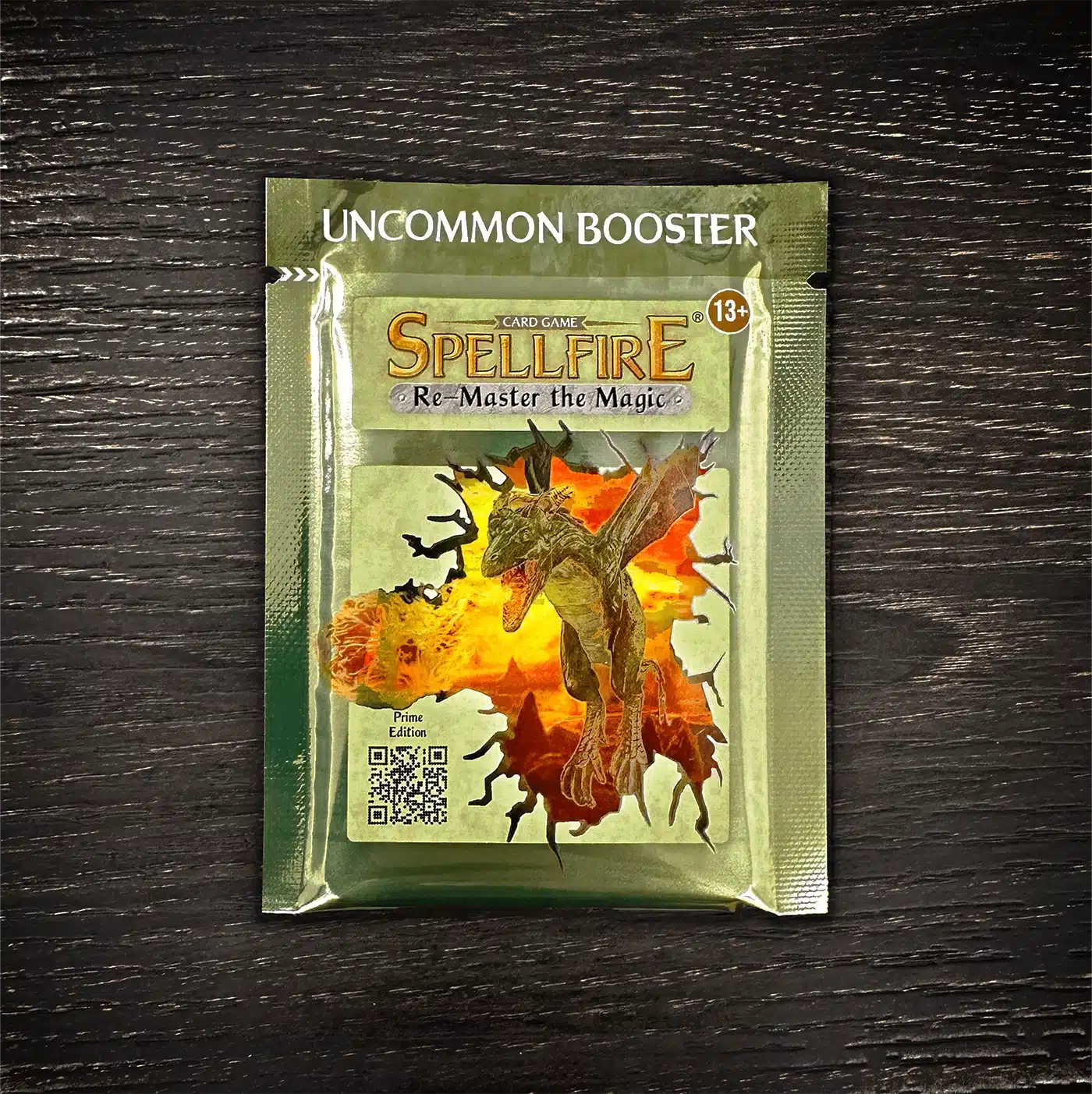The Decks
The mastership of deck buildingBuild your first deck
Sharing ideas on how to build a perfect deck
Strategy is an essential part of the Spellfire game. The most common strategies are play style and deck-building (deck theme). These strategies interact together, and the way cards are played during a match impacts the deck's theme. For example, you build a deck around fire elements. In this way, you will have a strong focus on attacking your opponent's realms because these are the realms where fire element cards excel.
One of the most basic but valuable tactics is to use the cards in your hand to accomplish your goal. If you are using a defensive card deck, this might mean that you're playing cards every turn. This will prevent your opponents from attacking during their turn. Don't plan your next turn based on what cards you expect to draw. Luck may not be on your side. You should always use the cards you already have in your hand.
Then, it is time to create a deck. A Spellfire deck can be built from over 600 new cards and 999 old ones redesigned in the new Spellfire game. There are many options and possibilities, and in creating the deck, new players could learn the essential tips of the game.
There are enough options of themed decks that exist out there. Every card comes with its powers and weaknesses. Each deck could be played with a unique strategy and theme. The best way to win is to choose the theme that fits your gameplay best. Choose your theme
Another article explains individual card strategies. Here, it is explained which kind of cards work best with each strategy and tactic. You will learn how many cards of a particular type you need in your deck. Individual card strategies
Additionally, there are two articles describing the basic and advanced tactics of the game. Always remember that your tactic may differ based on your deck. You can get a lot of advice and tips on winning and playing the game with these guides. Basic tactics, tips, and tricks | Individual tactics, tips and tricks
Spellfire decks can be themed in a variety of ways. There are five worlds in a prime edition: Frozen Fire, Holy Deadlands, Wet Deserts, Blood Birth, and Flaming Waters. Choose a world from which to build your deck. Alternatively, you could choose a champion type (monster, hero, wizard, psionicist, regent, thieve, or cleric) and build a deck around it. Most Spellfire decks are based either on one or both of these themes.
In addition to the primary theme, there are also secondary themes. Alchemists, rune casters, events, magical items, artifacts, and allies are among the possibilities. If you choose allies, remember that only those numerically stronger, or who have potent special powers are useful. If you choose the event's theme, note that their number in a deck is limited. They are better as supporting cards, not themes. Artifacts tend to be tied to a world theme deck, while magical items usually fall under this category.
You can use a theme in your card play based on your style and the cards in your collection. If you're unsure, look at the cards, play a few games, and look at the sample decks on the website or app. Always consider your overall play strategy when considering the themes.
Start building your first deck
Spellfire players can create their decks in various ways. Yet, they are always some questions. What role should spells play in a combat deck? Could a spell deck make use of magic items? Should a cleric deck contain heroes? The list goes on. Two things primarily influence these decisions:
1) The deck's basic theme, and
2) how the card in question contributes to the theme.
Imagine that you wish to construct a hero combat deck. You want to use the Sadiav, the Dwarven King (254/Prime). Yet, the question remains, does this card belong in the deck? Would another card be more appropriate? The thing is, all is up to you.
There are more than 600 cards in Spellfire. Some cards are very powerful, and others not so much. There are always other cards in the game that have similar skills and better fit within the deck's theme.
There is almost always a counter-card (or theme) that can shut down any card.
It is essential to use various cards to achieve the desired effect on the game. Like this, your theme will be successful. If one aspect of your deck is destroyed, you can still keep your deck as a viable force by utilizing a variety of support cards. Let's say that you count only on the power of your wizard champion. Your opponent has Witch Hunter in play and can wreck your wizard spell deck. To avoid that, you should choose other champions who are not wizards but who can cast spells into the same deck. You don't want to let your opponent use the correct counter cards early in the game, and it could quickly turn nasty for you.
What cards should I choose for the first deck
Chosen cards should interact. It could be challenging to decide which champions, realms, and other cards to use in any particular theme deck. The best advice is to keep it simple and stay within the theme. If you want to cast spells, be sure your champions can do so. Attach beneficial holdings to the realms. Take full advantage of artifacts.
Spot possible card combinations, but don't count on them. The point is not to create a theme deck based on a variety of two or three cards. There is still a possibility that something unexpected will come up your way. If possible, set several combinations in your deck to be safe.
Don't try to duplicate cards that would be subject to the Rule of the Cosmos. The most popular champions and realms in the game usually go into everyone's deck, and the rule of the Cosmos could cause some severe problems. If you know that your opponent has the same champion, you should get them into play first. The same goes for the realms and artifacts.
Remember that some cards are essential to certain decks. Remember that the sheer number of cards allows players to choose from many champions, realms, holdings, and artifacts regardless of the Rule of Cosmos. Additionally, it is wise to use more rare cards than Uncommon or Common ones because scarce cards have more potent powers. Yet, there is a paradox: the rarer a card is, the more likely it is to appear in your opponent's hand.


